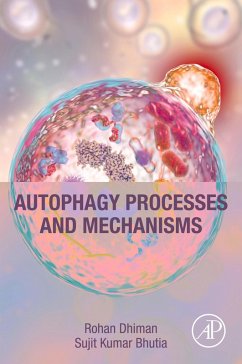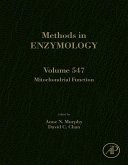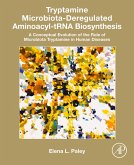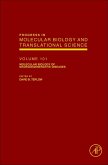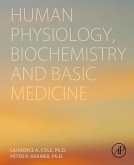- Includes cutting-edge knowledge on autophagy processes as well as methodologies of research
- Integrates knowledge from the perspectives of basic biological science, bioinformatics, clinical research and the pharmaceutical sciences
- Provides an educational resource for students and investigators with an interest in autophagy, but who are not currently working in the field
Dieser Download kann aus rechtlichen Gründen nur mit Rechnungsadresse in A, B, BG, CY, CZ, D, DK, EW, E, FIN, F, GR, HR, H, IRL, I, LT, L, LR, M, NL, PL, P, R, S, SLO, SK ausgeliefert werden.

